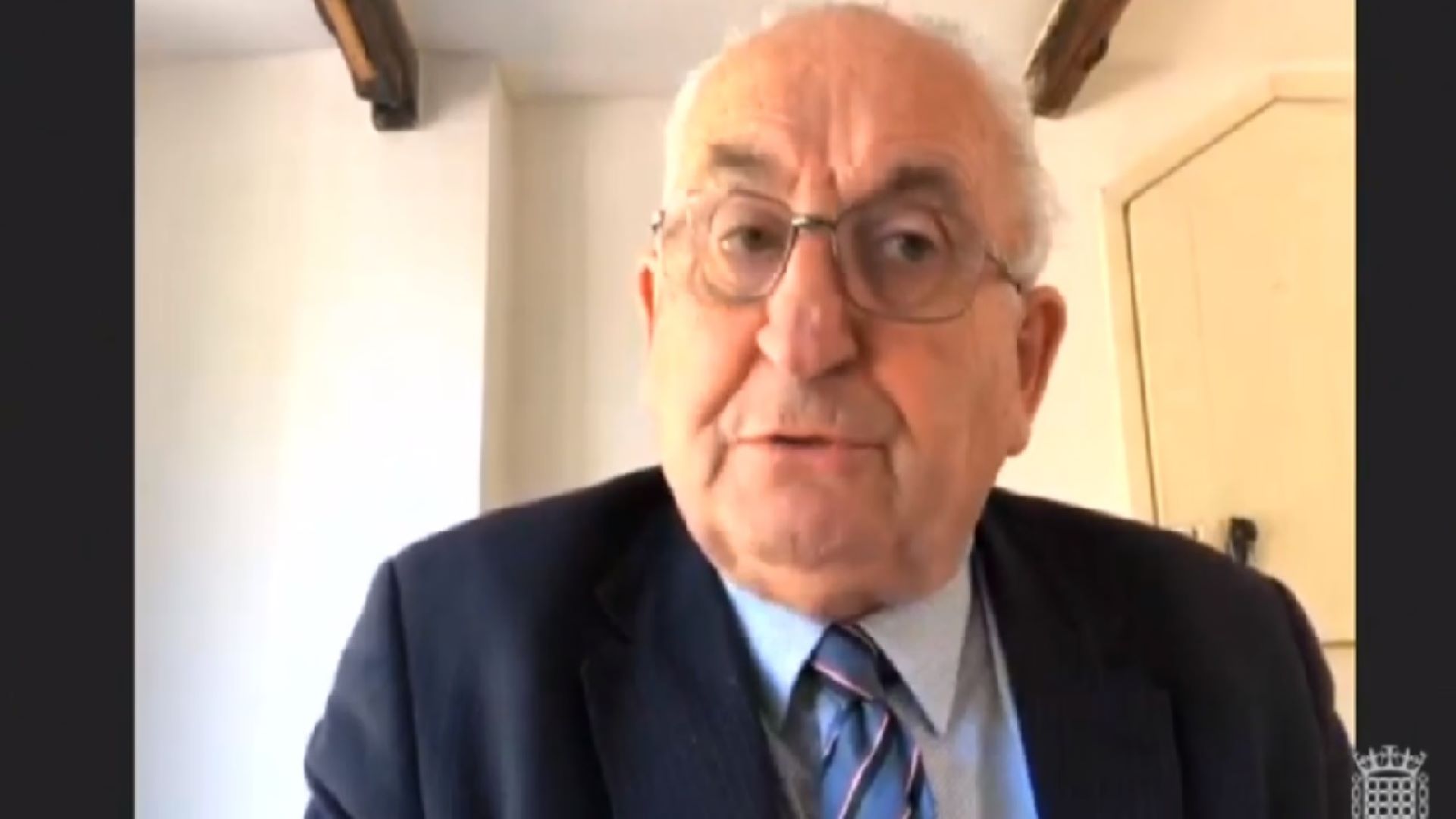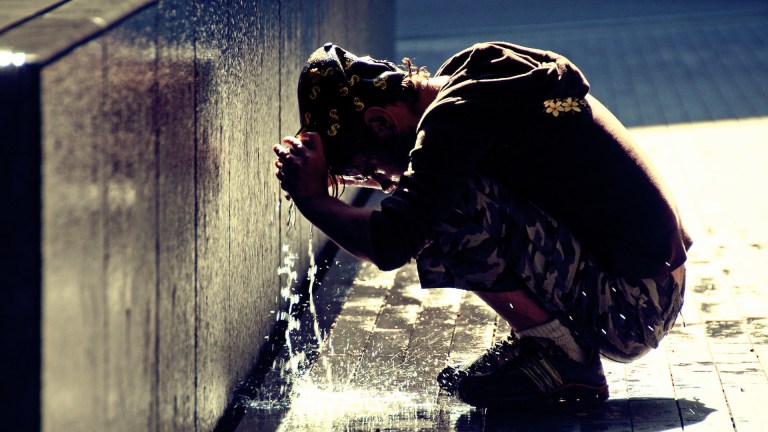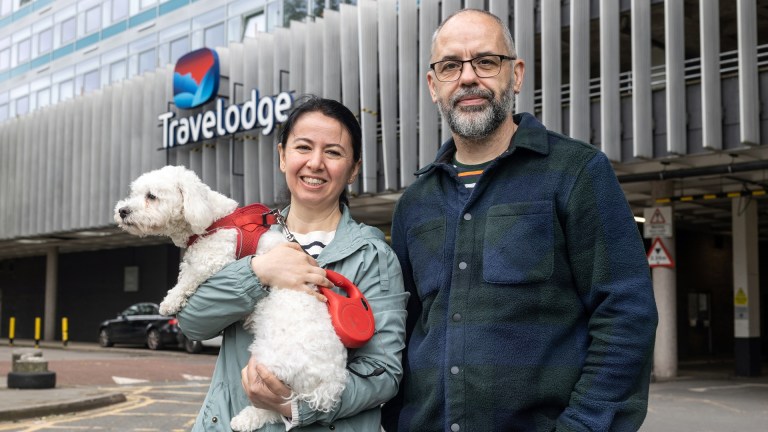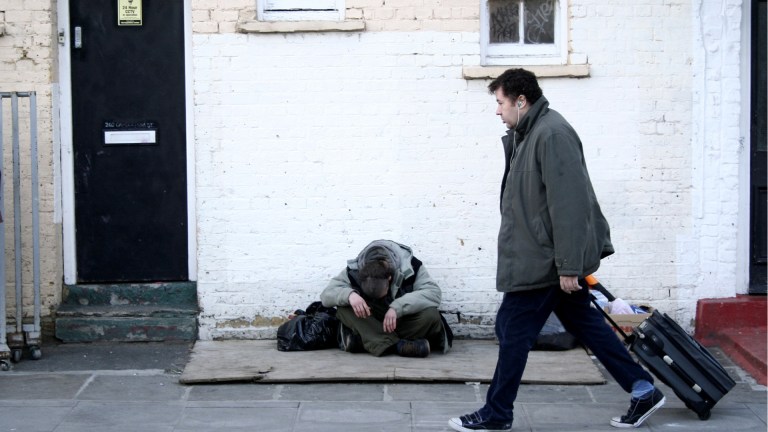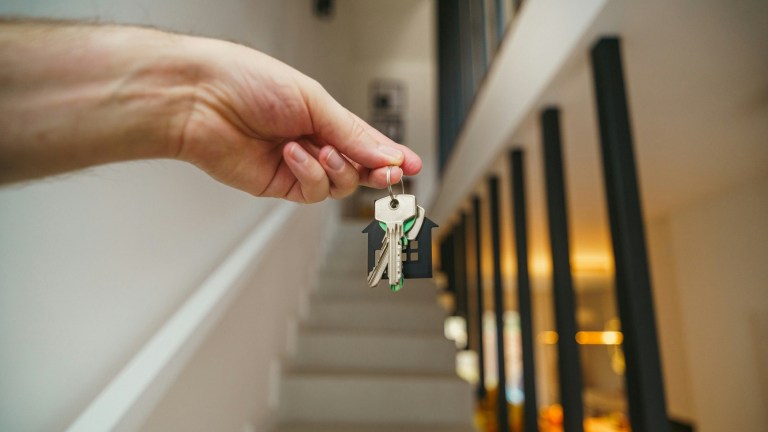Dame Casey led the Rough Sleepers’ Unit under Tony Blair’s Labour Government back in the late-90s and early 2000s.
Lord Bird commended her and Jeremy Swain, government advisor on homelessness, on their “hard work” and credited “all the organisations who came together to do this wonderful thing, which was to break the fact that for decades we ignored these people and left them outside of democracy”.
But to allow a single one of those people now taken into safety to return to the streets once the pandemic passes would be “a human rights abuse of an untold kind,” the Big Issue founder warned.
“We need a plan for what to do after,” Lord Bird said. “Have we seen the promised land in the sense of government responsibility?”
He emphasised the need to help people into “therapeutic communities” where all their needs could be met, acknowledging the complex difficulties that must often be addressed to ensure a person can lift themselves out of poverty.
It was a sentiment echoed by crossbencher Lord Crisp who wanted to know if assessments were being carried out of the “multidimensional needs” of the rough sleepers now in temporary accommodation.
Advertising helps fund Big Issue’s mission to end poverty
Providing full rehabilitation to anyone in need of it “will be expensive,” he said, “but the costs will be cheaper in the long run by doing this”.
Lord Bird acknowledged care leavers, people who have spent time in prison, armed forces veterans and people with poor mental health who often fall through the cracks of the very services designed to help people into secure housing, and reminded the Lords that domestic abuse towards women is rising under lockdown.
The social crisis will overwhelm them if the government if they don’t respond to it now
“I want the government to say ‘okay, we will not allow this situation to happen again'”, Lord Bird said. “Are they going to talk to people like us who have been going on resolutely for decades, asking: why are we ever entertaining people dying early and falling into poor mental health?
“The government needs to be pulling together a response to the social crisis which will overwhelm them if they don’t respond to it now.”
The Big Issue founder mentioned the magazine’s quick response to the crisis that provided a devastating blow to vendors’ incomes after we were forced to temporarily stop them selling on the streets, including an urgent subscription appeal, a brand new app and moving into stores.
“Let’s put our arms around the homeless. If we decant them onto the streets it will be a mockery of our democracy and it will be a mockery of what we’ve been through when we’ve seen so many people pull together for the benefit of us all.”
Advertising helps fund Big Issue’s mission to end poverty
Communities Secretary Robert Jenrick confirmed that more than 90 per cent of rough sleepers known to councils have been offered accommodation – although not all have accepted that offer, such as Truro Big Issue vendor Craig who feared for his safety when coming into contact with others.
Labour’s Lord Berkely pointed to a “massive failure of central government” at the heart of the homelessness crisis, adding: “The NHS gets a lot but the government is still starving local authorities of the cash they need to deal with rough sleepers.”
Meanwhile, the Lord Bishop of Durham asked what is being done to help migrants with no recourse to public funds to make sure they will be secure when the pandemic ends.
Baroness Blower used her time to set out what would be needed to ensure the UK’s homelessness crisis becomes a thing of the past: namely capital investment from the government, landlords bringing empty houses back into use, access to affordable, good quality accommodation in the private-rented sector and crucially and significant funded programme to build the social housing the country so desperately needs.
Lord Greenhalgh, speaking on behalf of the government, said the long-term plan would see local authorities and charities “play a critical part”, but said many points of the taskforce have not yet been finalised.
Advertising helps fund Big Issue’s mission to end poverty
“We are aware that some people have not yet engaged with services in many years,” he said. “This could be an opportunity for them to turn their lives around for good.” Lord Greenhalgh pointed to funding announced by the government including £750 million for charities supporting vulnerable people. “We are committed to supporting homeless people not just during the pandemic but after.”
Putting an end to homelessness means making structural changes which will prevent vulnerable people from falling through the cracks for years to come – which is exactly what Lord Bird’s Future Generations bill aims to do, putting a focus on creating sustainable policies now to benefit those who come after us.
